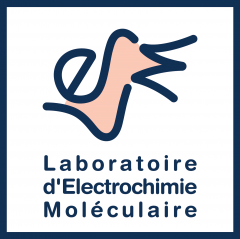Electrochemical reduction of CO2 to CO and CH3OH with heterogenized molecular complexes. From mechanistic studies to optimization of catalytic electrodes and lab-scale electrolyzer
See offer
Skip to content
